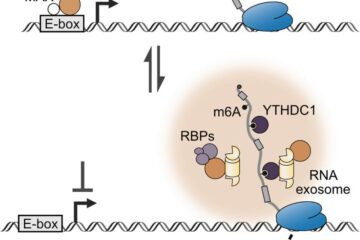NMDA Antagonists as new Antidiabetics – Clinically tested compounds

Diabetes mellitus is the most expensive chronic disorder, causing costs of about 40 billion Euros in 2010. More than 3/4 of these costs are associated with the treatment of subsequent disorders; chronic hyperglycaemia is deemed to be an independent risk factor for several severe health effects.
Therapy of type 2 diabetes aims at reducing the chronically increased glucose level in the blood as well as improving the existing insulin resistance. Oral antidiabetic drugs that have been currently available so far are problematic and not satisfactory in every respect. Blood glucose levels can be decreased in patients with manifested type 2 diabetes by administration of sulfonyl-urea/metformin or insulin. However, such treatment is associated with a high risk of hypoglycaemia. In addition, sulfonylureas are associated with an increased risk of mortality, in particular when combined with metformin. DDP-4 inhibitors have a low risk of hypoglycaemia, but merely lead to a slight improvement of the HbA1c-value compared to metformin. Further, there is no long-term evidence as to tolerability and mortality. Most long-term experiences are available for metformin. It is particularly effective in overweight diabetics and reduces diabetes complications and mortality by about 30%. However, monotherapy is typically effective only in the beginning of the treatment. Morphinan-derivatives have been known as medicaments for many years. The compounds have shown only minor adverse events upon long term administration and thus, are generally well tolerated. It has now been surprisingly found that the morphinan-derivatives according to the invention increase the secretion of insulin only at elevated glucose concentrations in mouse and humans. If the glucose concentration is within the physiologically normal range, however, insulin secretion is not induced. Moreover, in type 2 diabetic mice, morphinans improve the viability of pancreatic beta cells that secrete insulin.
Weitere Informationen: PDF
PROvendis GmbH
Tel.: +49 (0)208/94105 10
Ansprechpartner
Dipl.-Ing. Alfred Schillert
Media Contact
Alle Nachrichten aus der Kategorie: Technologieangebote
Neueste Beiträge

Forschende enthüllen neue Funktion von Onkoproteinen
Forschende der Uni Würzburg haben herausgefunden: Das Onkoprotein MYCN lässt Krebszellen nicht nur stärker wachsen, sondern macht sie auch resistenter gegen Medikamente. Für die Entwicklung neuer Therapien ist das ein…

Mit Kleinsatelliten den Asteroiden Apophis erforschen
In fünf Jahren fliegt ein größerer Asteroid sehr nah an der Erde vorbei – eine einmalige Chance, ihn zu erforschen. An der Uni Würzburg werden Konzepte für eine nationale Kleinsatellitenmission…

Zellskelett-Gene regulieren Vernetzung im Säugerhirn
Marburger Forschungsteam beleuchtet, wie Nervenzellen Netzwerke bilden. Ein Molekülpaar zu trennen, hat Auswirkungen auf das Networking im Hirn: So lässt sich zusammenfassen, was eine Marburger Forschungsgruppe jetzt über die Vernetzung…

















